subscribe to our Newsletter
How To Keep Your Stainless-Steel Appliances Clean And Maintained

Stainless steel appliances are highly durable and resistant to damage, so they are a popular choice for kitchens due to their sleek and modern appearance. Also, stainless steel is resistant to heat, water damage, and rust. However, they are also known for easily showing fingerprints, smears, and water spots.
Keeping your stainless-steel appliances clean and well-maintained is important to ensure their longevity and maintain their polished look. Here are some tips to help you know how to clean stainless steel appliances and maintain them over a long period of time.
Clean Regularly
To avoid oil and filth buildup, frequently cleaning stainless-steel appliances in your home is important. The most straightforward cleaning technique is a soft cloth soaked in water and a mild cleaner. Additionally, you may use vinegar and water or a cleaning solution explicitly made for stainless steel. Avoid using steel wool or harsh cleansers on your appliances since they could damage their finish. After washing, ensure the surface is thoroughly saturated before drying it to prevent water stains.
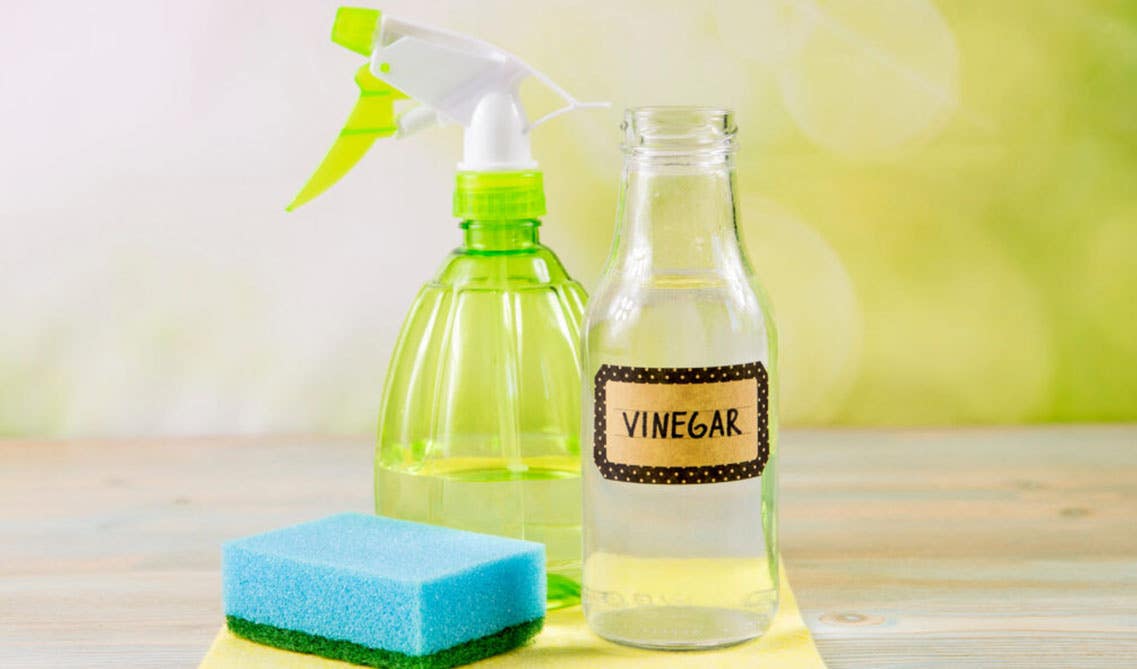
Use Vinegar and Olive Oil
Combine vinegar and olive oil to keep stainless steel equipment clean. White vinegar should be put in a spray container. Your equipment's stainless steel has to be sprayed down. When cleaning stainless steel appliances, use a microfiber cloth. After cleaning it, briefly submerge it in some olive oil. When manipulating the cloth, the grain must be observed. Any remaining smudges or imperfections will disappear, enhancing the brilliance of your appliance.
Dish Soap and Baby Oil
You must first comprehend the grain's orientation. Steel has a grain, much like some textiles and wood do. You may have noticed some light striations on the surfaces of your appliances. In reality, the grain will run in the same direction throughout the whole sheet of steel. Typical attachments for appliances include handles and knobs made of steel. Remember that the grain may run in a different direction in these other sections.
If you do not clean against the grain, your appliance won't be ruined. Nothing noteworthy will occur. However, if you wipe perpendicular to the grain, additional cleaning residue can penetrate the grain's minuscule fissures. It is preferable to clean with the grain for maximum shine.
Here is how to clean stainless steel appliances using dish soap and baby oil. Use two non-abrasive cleaning cloths; 100 percent cotton rags are preferred because they practically never leave any lint behind. Paper towels can be used, although they'll leave some lint behind. Purchase some mineral or baby oil along with some regular dish soap.
Dish soap works wonders to remove smudges from stainless steel. It removes surplus oils and makes polishing easier. Put a small quantity on your cloth and lightly wet it with water. When cleaning your appliance, go with the grain. You might need to repeat the process a few times if the fingerprints are very difficult to remove. Use a fresh towel to wipe away any water stains after cleaning an area. Now take the baby oil or mineral oil on another cloth and follow the grain of your steel, moving in either direction or it gives you good polish.
Use a Microfiber Cloth
When cleaning stainless steel appliances, microfiber cloths are gentle and effective at removing any dirt or grease. They are also highly absorbent, making it easy to remove fingerprints and smudges. They do not leave behind lint or fibers, which can scratch the surface of your appliances.
Avoid Chemicals
Harsh chemicals can damage the surface of your stainless-steel appliances. Avoid using bleach, ammonia, or other harsh cleaners, as they can cause discoloration and rust. Additionally, avoid using cleaning products that contain alcohol or acetone, as these can strip away the protective layer on your appliances and leave them more susceptible to scratches and stains.
How To Prevent Scratches
Because stainless steel is a soft metal, scratches are likely to occur. When cleaning around knobs, handles, and other places that can be prone to friction, take care to avoid scratching the surface. Stacking pots, pans, and other bulky objects directly on the surface of your stainless-steel appliances is also not recommended. If you must stack things, put a soft cloth between them and the surface to avoid scratching it.
Remove Stains
Although stainless steel is resistant to stains, cleaning them up immediately is crucial to stop them from settling in. Use a mild cleanser and a delicate cloth soaked with warm water to remove stains. If the stain still appears, try making a paste out of baking soda and water, rubbing it into the stain, and then giving it a good rinse with water.
Protect from Water
If water is left to stand long, stainless-steel equipment may develop corrosion and discoloration. Spills and splashes should be quickly cleaned up, and moist objects should not be left on the surface of your equipment. Additionally, to lessen the accumulation of mineral deposits on your appliances, think about utilizing a water softener if you reside in a region with hard water.
How To Maintain
Stainless steel appliances might gradually lose their brilliance if not cleaned and maintained correctly. Knowing how to clean stainless steel will help keep your kitchen looking tidy and spotless.
To restore the finish of your stainless steel appliances, use a stainless-steel cleaner and polish explicitly designed for the task. If you adhere to the manufacturer's instructions or use less polish, a residue may be left on the surface of your equipment. And if you need to give stainless steel equipment a shine, use club soda by spraying it on the item and rubbing it down.
Conclusion..
Keeping your stainless-steel appliances clean and well-maintained requires a little effort, but the results are worth it. If you want to keep your kitchen looking, the best Lily Ann Cabinets has many options available for their stainless steel appliances that keep your kitchen looking good. Following these tips can keep your devices looking new for years.
Also read: How to Match Cabinets and Appliances in Your Kitchen
FAQ:
1. What should you not use on stainless steel appliances?
You want to avoid using anything abrasive that might harm the finish of your stainless steel appliances like harsh scrubbers and corrosive cleaning sprays.
2. What is the best cleaner for stainless steel?
Like we mentioned in the above article, olive oil and white vinegar are great cleaners to use on stainless steel appliances!
3. How many years does stainless steel last?
According to worldstainless.org, stainless steel has an estimated lifespan of 20 years.
Recent Blogs
Kitchen Decor
What Your Wife Really Wants for Mothers Day
Kitchen Cabinets,Wood Cabinets,Cabinet Tips,Cab...

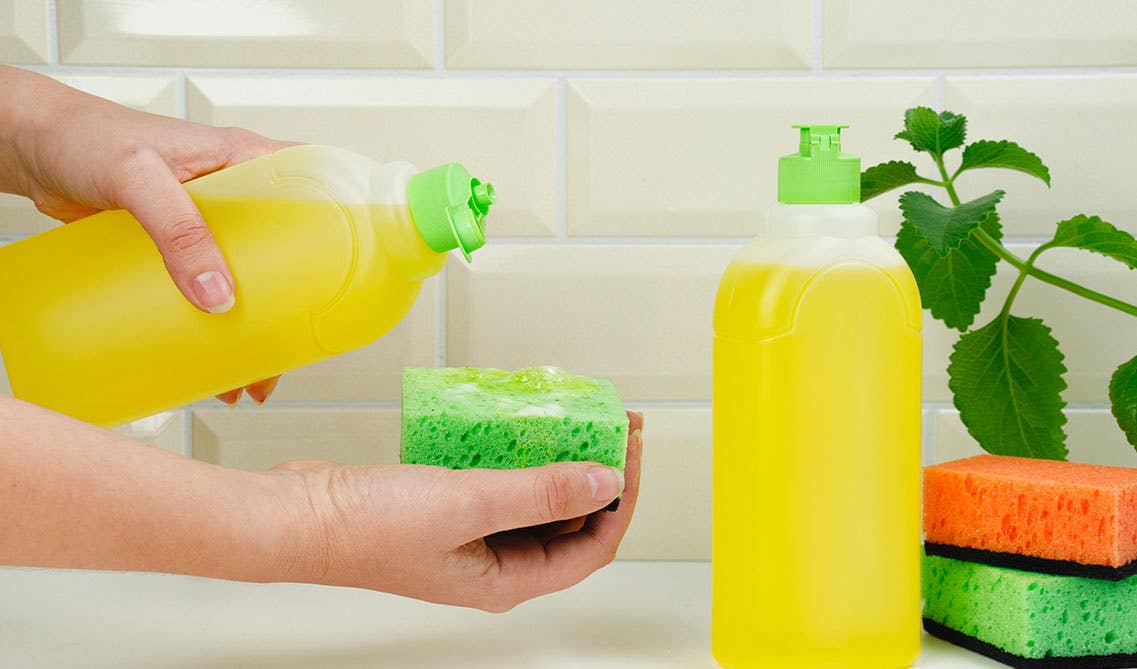
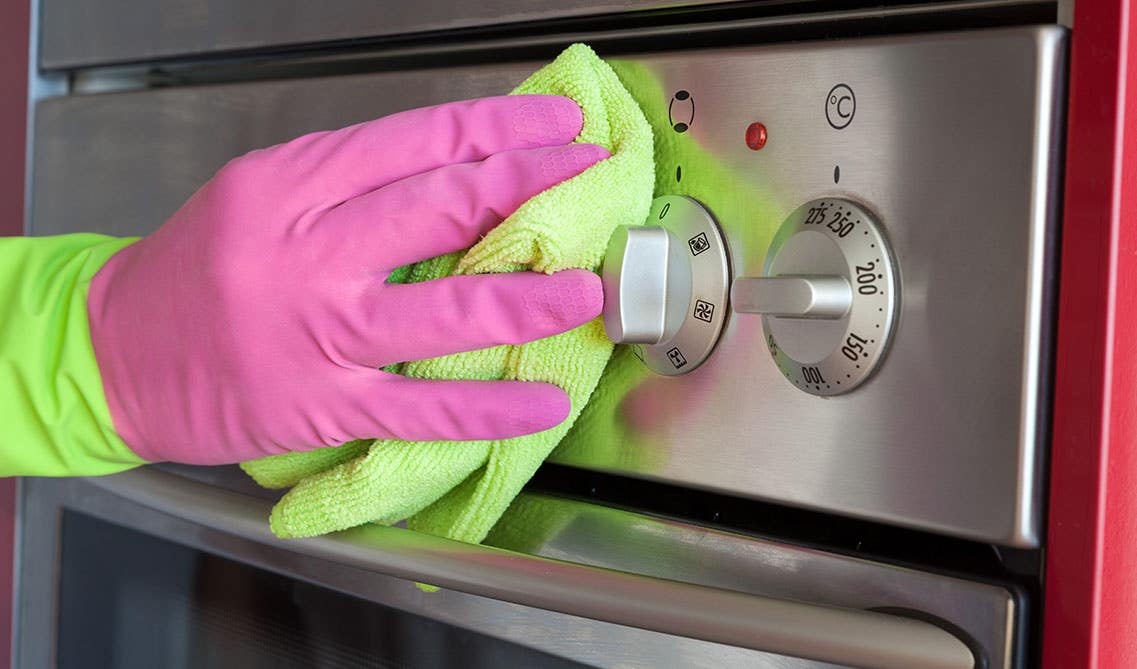
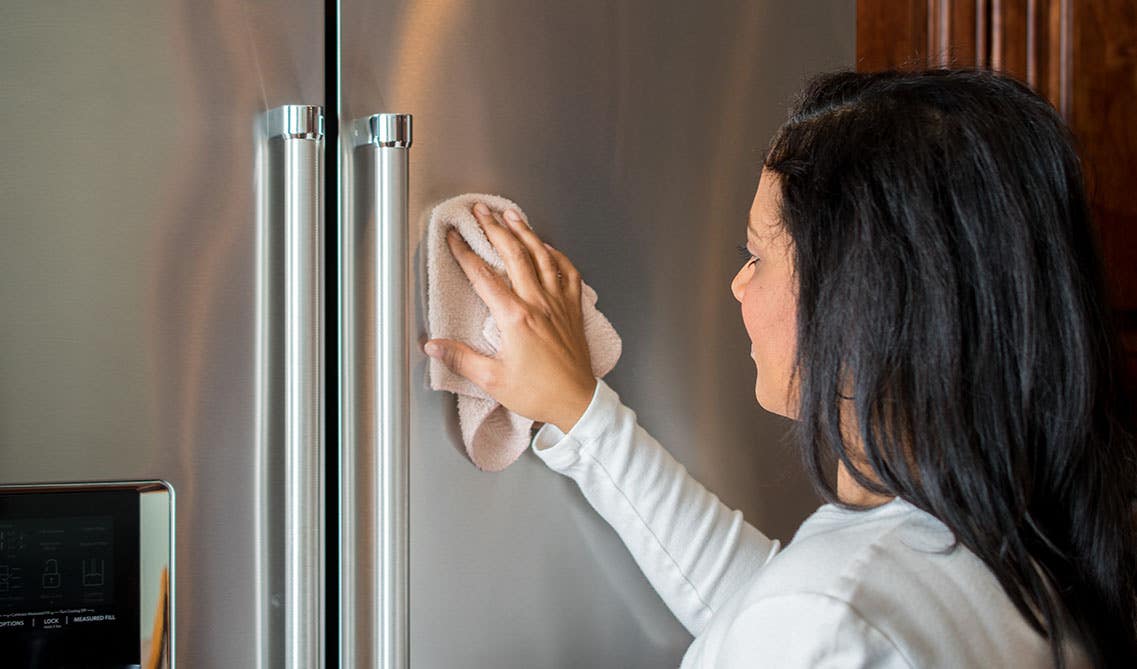
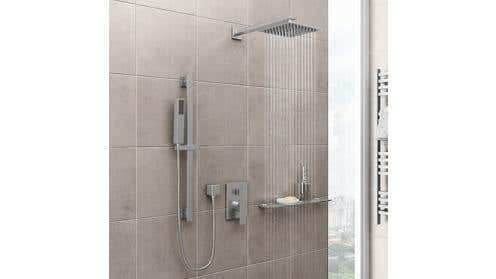
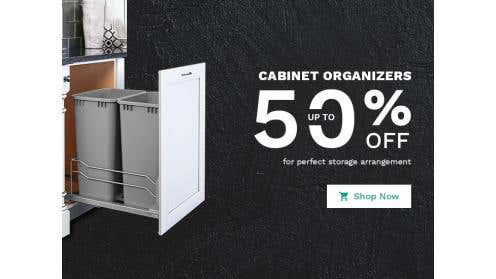



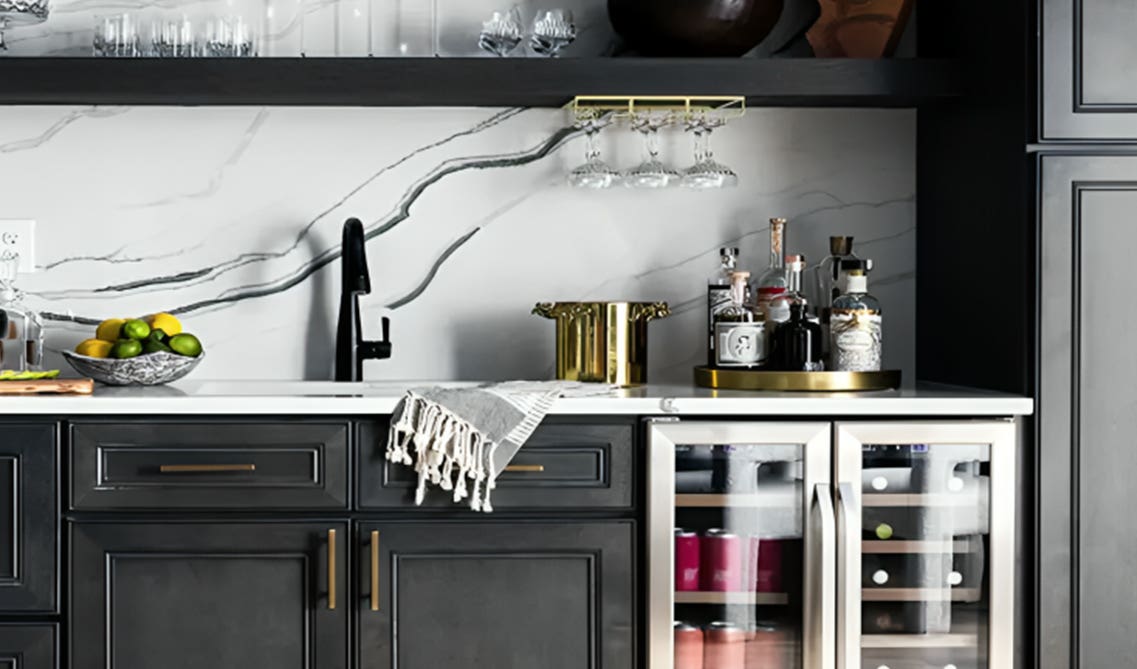









Comments